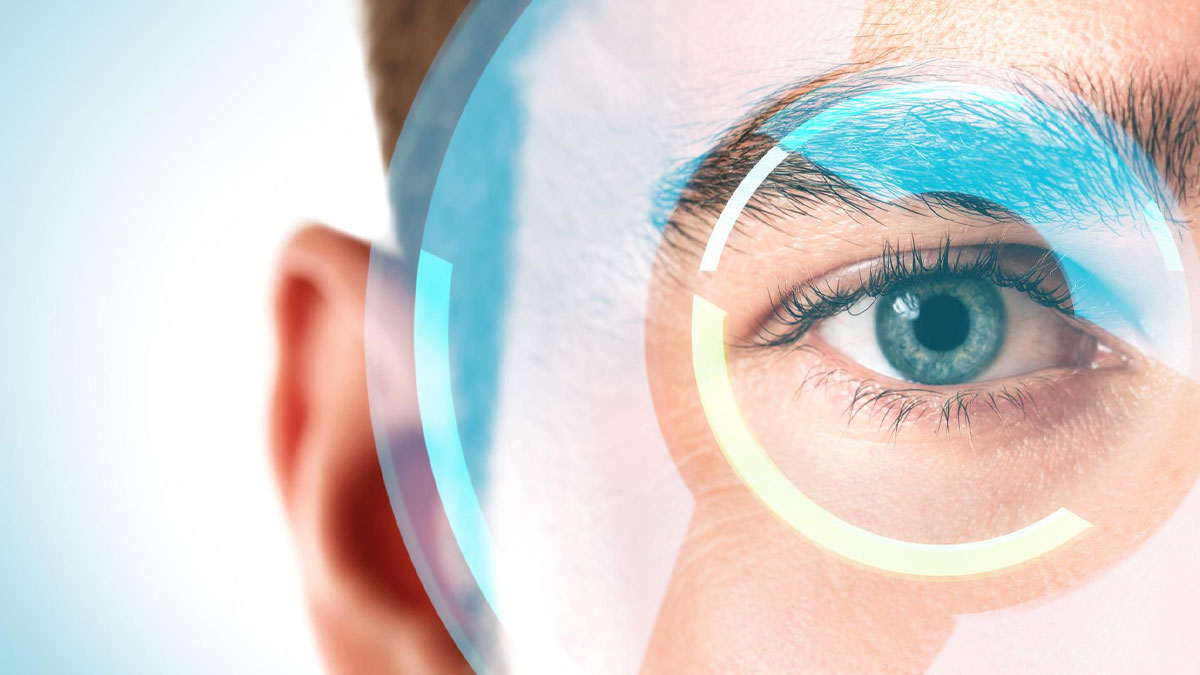
The connection between eye health and mental health is often overlooked, but it is a crucial aspect of overall health and wellness. Eyes are an essential part of the body and are intricately connected to the brain, both in terms of anatomy and function. Maintaining good eye health can have a positive impact on mental well-being, and conversely, mental health issues can also affect eye health.
Table of Content:-
Link Between Eye Health And Mental Health
1. Visual Information
Good eye health is crucial for visual perception, which plays a vital role in the processing of information and the formation of memories. When the eyes are functioning optimally, the brain is able to process visual information quickly and accurately, leading to improved mental clarity and cognitive function. This is why maintaining good eye health is particularly important for individuals who engage in visually demanding tasks, such as reading, writing, or using a computer.
Also read: World Cancer Day 2023: Role Of Awareness And Technology In Cancer Treatment
2. Improve Self-esteem & Confidence
Additionally, good eye health can also improve self-esteem and confidence. When a person can see well, they are able to participate in activities that they enjoy and perform at their best. For example, individuals who struggle with poor eyesight may feel self-conscious about their appearance and feel less confident in social situations. On the other hand, when their eyesight is corrected, they will get the confidence back and be better equipped to engage with the world around them.

3. Eye Problems
However, it's not just good eye health that affects mental health. Mental health issues can also impact eye health in a number of ways. For instance, individuals who suffer from depression or anxiety may experience eye strain, dry eyes, or eye fatigue as a result of their condition. These symptoms can further exacerbate their mental health problems and create a vicious cycle.
4. Stress
Stress is another factor that can impact both eye health and mental well-being. Chronic stress can lead to dry eyes, headaches, and eye fatigue, which can make it difficult to focus and perform everyday tasks. Moreover, stress can also cause changes in the body that can lead to long-term eye problems, such as glaucoma or cataracts.
Also read: World Cancer Day 2023: Role Of Awareness And Technology In Cancer Treatment
5. Some Medication
Finally, it's also important to note that some medications used to treat mental health conditions can have side effects that affect eye health. For example, some antidepressant medications can cause dry eyes, blurred vision, and increased sensitivity to light. Therefore, it's crucial to discuss any potential side effects with a healthcare provider and to monitor eye health closely when taking these medications.
Conclusively, the connection between eye health and mental health is complex and multi-faceted. Maintaining good eye health can improve mental well-being, and conversely, mental health issues can also impact eye health. By prioritising eye health and working with a healthcare provider, individuals can ensure that they are taking care of their overall health and well-being.
Also watch this video
How we keep this article up to date:
We work with experts and keep a close eye on the latest in health and wellness. Whenever there is a new research or helpful information, we update our articles with accurate and useful advice.
Current Version
